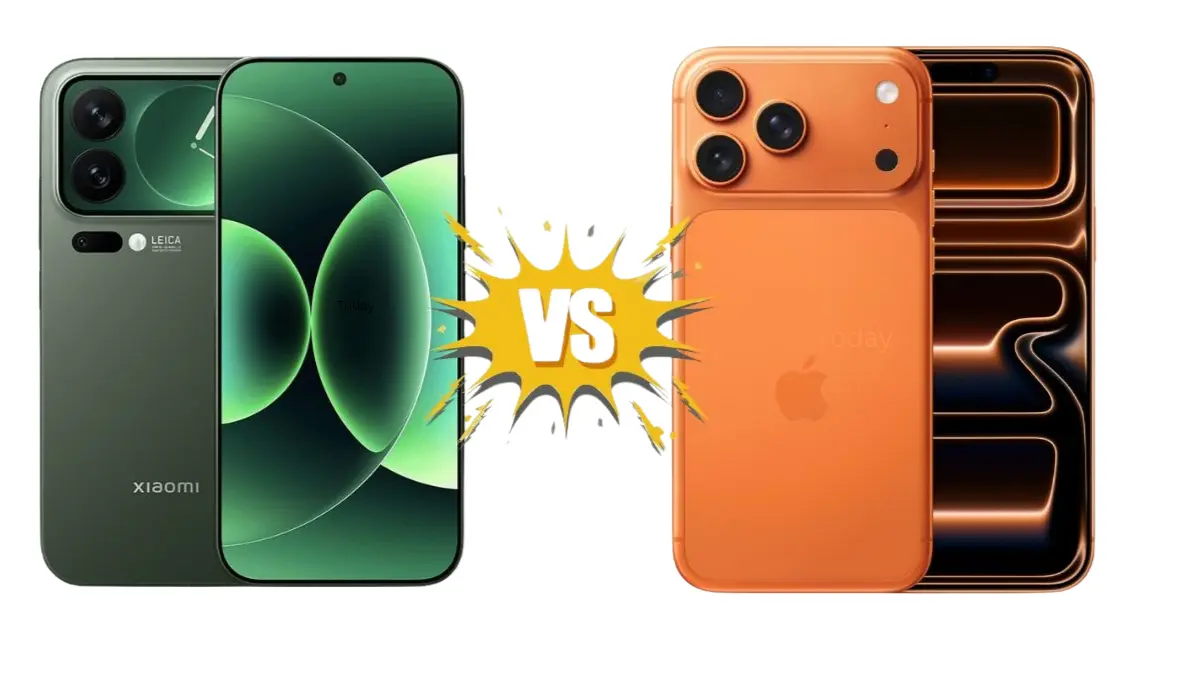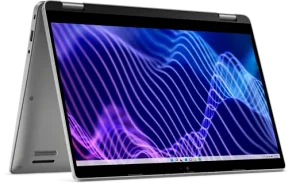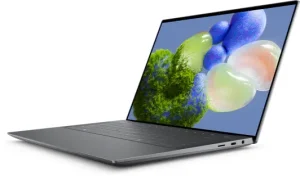Quantum Computing Opening Next Generation of Technology
Quantum Computing Opening the Door to the Next Generation of Technology
Beginning
When it comes to computers, we are getting close to the physical boundaries of classical systems. Because of the huge amount of data and the growing complexity of problems in fields like science, economics, healthcare, and security, a new kind of computer is being developed: the e-quantum computer. These gadgets don’t just promise to be quicker; they change the way computers work.
Today TECH Blog
Quantum computing is no longer just a fantasy. It’s a reality in science, and it could change the world shortly.
What is quantum computing?
Quantum computing is a new way of processing information that is based on the rules of quantum mechanics. This basic idea explains how particles act at the atomic and subatomic levels.
Quantum computers employ qubits, or quantum bits, instead of bits, which can only be 0 or 1. This is because of a phenomena called superposition.
Here are the main ideas of quantum mechanics that are important for computers
Superposition: A qubit can be in more than one state at the same time, not simply 0 or 1. It can be in both states at the same time.
Entanglement: Qubits can get entangled, which means that the state of one qubit can change the state of another right away, no matter how far apart they are.
Quantum interference is what lets quantum computers boost the right answers and cancel out the wrong ones in calculations.
Measurement: When you look at a qubit, it goes from being in a superposition to a definite state (0 or 1), which is the output.
💻 Classical vs. Quantum Computing
Classical Computing Features Computing using quantum
Bit (0 or 1) as a basic unit Qubit (0, 1, or both)
Data Processing: Sequential or parallel, with a lot of parallelism (because of superposition)
Fast Growth along a straight line Growth that goes up quickly
It can take millions of years for complexity to solve hard issues, yet it can solve some in just a few minutes.
Word processing, web browsing, gaming, databases, complicated simulations, AI, cryptography, and optimization are all examples of how to use it.
🛠 What Does a Quantum Computer Do?
Quantum computers work by using quantum gates to build a quantum circuit. These gates change qubits using quantum logic. Quantum circuits use gates such the Hadamard, Pauli-X, and CNOT gates instead of ordinary AND, OR, and NOT gates. These gates allow for sophisticated changes based on quantum principles.
For quantum processors to work right, they usually need to be kept very cold (close to absolute zero), be isolated from noise, and have advanced error correction systems.
A Short History of Quantum Computing
Physicist Richard Feynman suggested using quantum mechanics for computing in the 1980s.
Peter Shor designs an algorithm in 1994 that can factor big numbers much quicker than traditional computers.
In 2001, IBM and Stanford created a simple 7-qubit quantum computer.
Google says it has “quantum supremacy” because it can solve a problem faster than any classical supercomputer.
In the 2020s, IBM, Google, Microsoft, D-Wave, Rigetti, IonQ, and new companies start to offer cloud quantum platforms.
🔬 Quantum Computing in the Real World
Quantum computers are currently in the early phases of development, although they might be used in a lot of different ways:
1. Cryptography
Quantum computers could crack encryption techniques that are used a lot, like RSA. This has led to the creation of post-quantum cryptography, which will help make the internet safe against quantum computers.
2. Finding New Drugs
Quantum computers can model molecules at the atomic level, which speeds up the search for new medications, vaccines, and treatments.
3. Science of materials
Quantum machines are great for simulating atoms at the atomic level, which is what you need to do to make novel materials like superconductors, alloys, and even high-efficiency batteries.
4. Making financial models
Quantum’s capacity to look at big data sets and trends can help with portfolio optimization, risk analysis, fraud detection, and high-frequency trading.
5. AI and Machine Learning
Quantum-enhanced ML algorithms could make training time a lot shorter and accuracy a lot better for big models.
6. Making models of the climate
We are simulating complicated weather and climate systems to make better predictions, get ready for disasters, and establish environmental policies.
🧠 Who’s in charge of the quantum race?
Big Tech:
IBM has a public quantum cloud platform called IBM Quantum Experience.
Google—got to the top of the quantum world and is working on systems that fix errors.
Microsoft is working on topological qubits and the Azure Quantum platform.
Amazon—Braket lets you use quantum computers.
🧪 New Businesses and Ideas:
IonQ makes quantum computers with trapped ions.
Rigetti Computing is a platform for superconducting qubits.
D-Wave is an expert in quantum annealing for optimization problems.
⚠️ Problems and Limits
Quantum computers aren’t ready for everyone to use yet. There are certain big problems, such as
Decoherence: Qubits lose their quantum state quickly because of noise in the surroundings.
Error Rates: Quantum gates aren’t always dependable, thus they need to be fixed.
Scalability: It’s really hard to build and keep a lot of steady qubits.
Cost and Infrastructure: Quantum systems are expensive and need specialized cooling systems to work properly.
🔮 The Future of Quantum Computing
Experts say that in the next 10 to 20 years, quantum computers will go from being used in labs to being useful for business, science, and society. Some people even think that quantum AI could help us find completely new rules of physics or biological systems.
Governments and businesses all across the world are spending billions on quantum research and development. There is also an urgent need to create quantum-safe encryption to keep digital security safe in a future powered by quantum technology.
In conclusion,
One of the most daring areas of technology for humans is quantum computing. It makes us rethink what we know about computation and gives us new ways to solve issues that were impossible before.
Even while this science is still young, the tremendous growth suggests that we may be on the cusp of a new era in which quantum computers become as important to society as classical computers are now.
Quantum computers won’t take the place of traditional computers; they will work with them. Quantum computing may soon become the most important technology for things like simulating nature, solving optimization problems, or breaking into encrypted systems.
Share this content:














1 comment